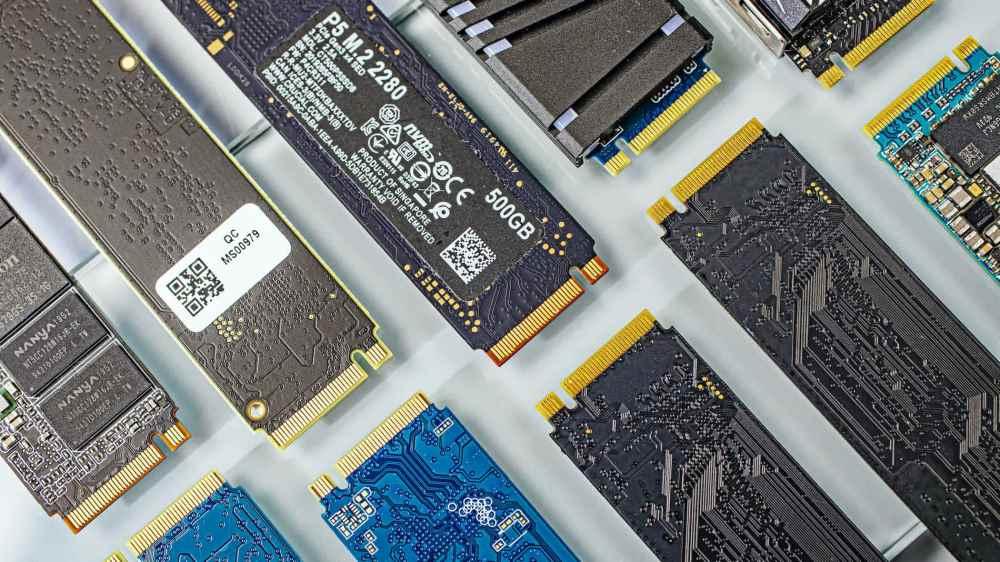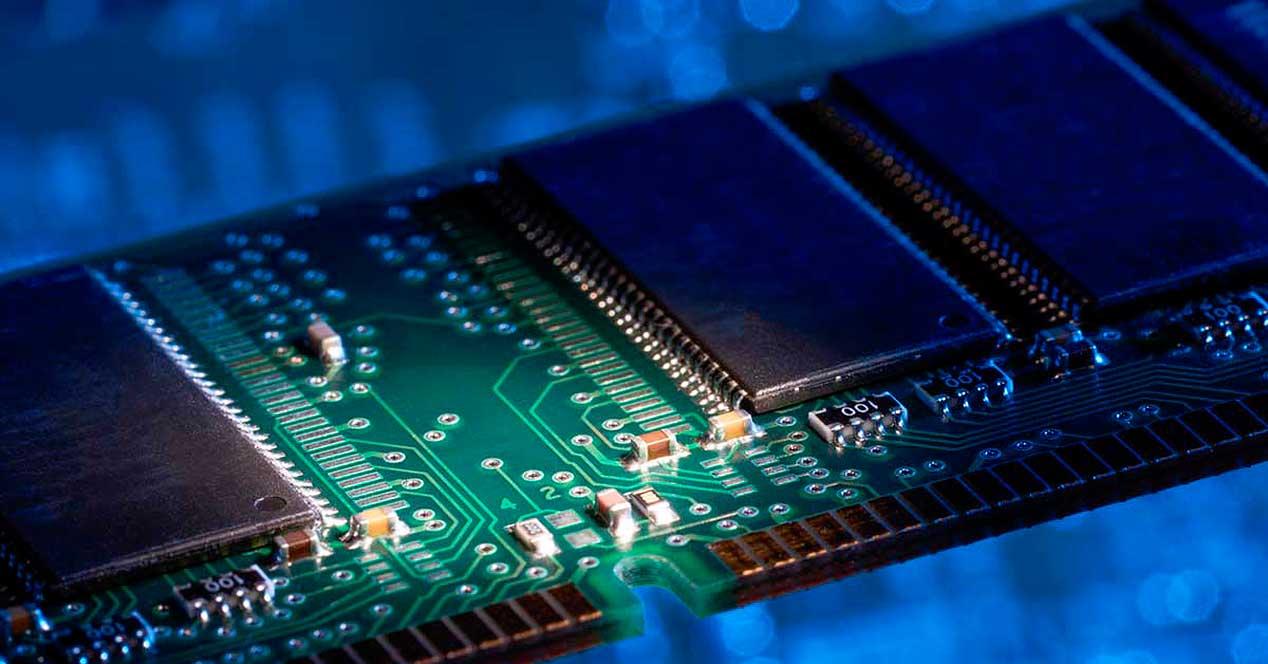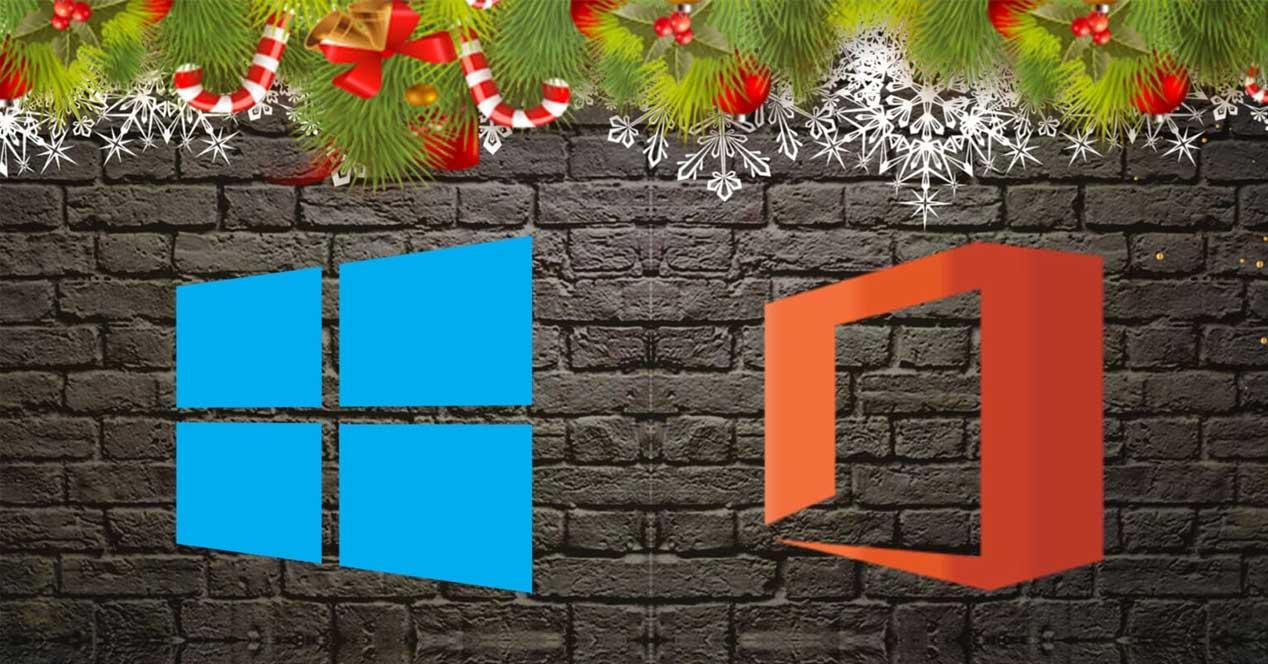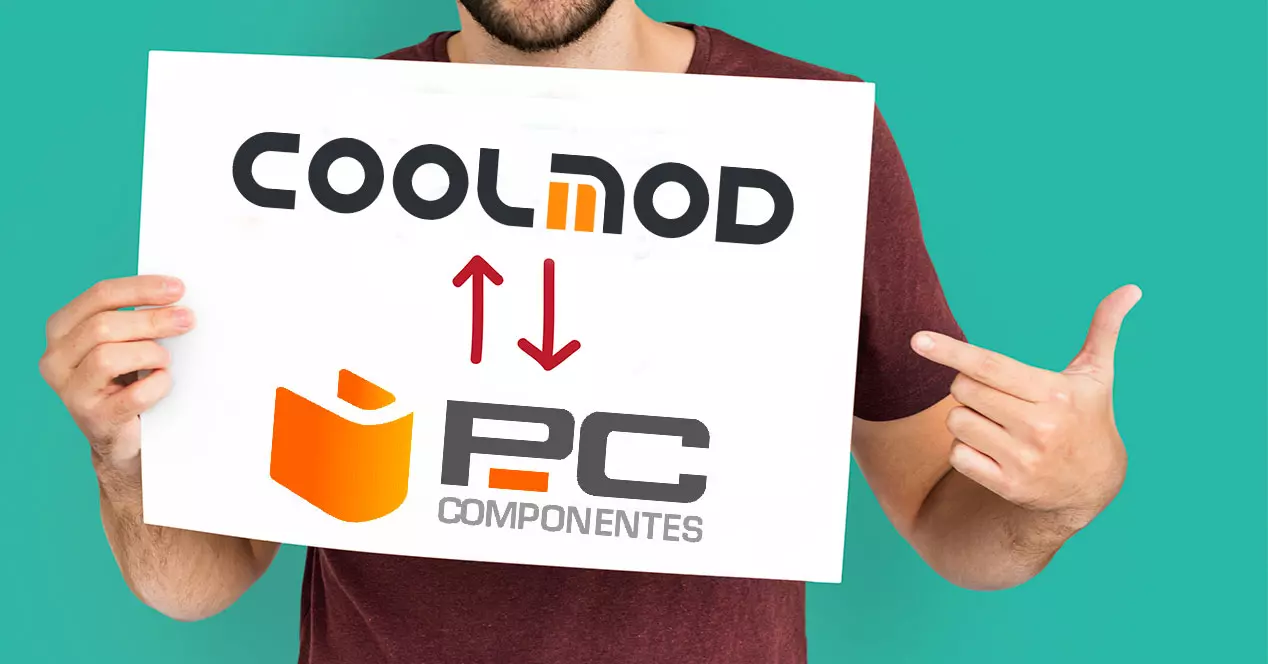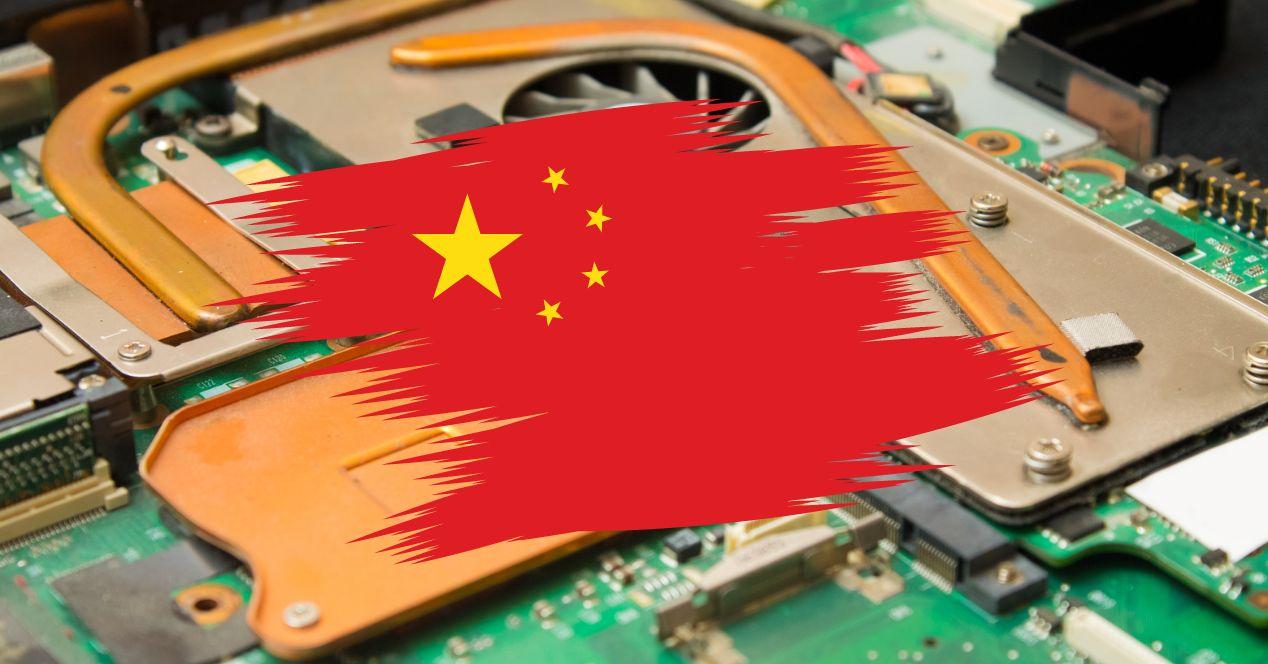
One of the keys to the advancement of technology is free competition, more than anything due to the fact that it forces companies to be better than others in price and performance. As soon as a monopoly is reached in a market, we find that new products are less and less exciting, prices go up, general disinterest increases and everything stagnates. Is it a good thing to cut off China’s memory makers?
It is no secret that China and the United States are in a trade war. The answer to the latter? Limit access to technology, additional tariffs and even prohibitions on the sale of certain brands of the most populous country in the world. All this in order to protect one of the most economically fruitful industries and one that is most related to defense. However, ordinary users in a small country called Spain should not care about these issues. Except, of course, when we have to buy components for our computer.
RAM and flash memories, China’s Trojan Horse
Granted, brands like NVIDIA, Intel, and AMD are way ahead when it comes to processor technology compared to the big Chinese brands. However, there are other components within the PC that are just as important and do not require such advanced manufacturing processes. We are referring to memories, whether volatile or RAM or non-volatile for storage.
Let us not forget that for example YMTC that is not a South Korean companyhas the densest NAND Flash memory for SSDs and memory cards on the market, this is more storage than the competition. Without going any further, Apple has begun to use the flash memory of this Chinese manufacturer in its computers and mobile phones, which has led them to receive a wake-up call from the US authorities. The point is that China is starting to become highly proficient in memory chips and everything indicates that its massive entry into the PC component market will be in that direction.
Because RAM has to interface with the central processor, this means giving Chinese companies access to a deal with big US companies. This is not to the liking of the US administration, which prefers to maintain relations with companies such as Micron, Samsung, SK Hynix and other South Korean companies. A country that at a political level is almost an American colony.
Is it good to have fewer options for the end user?
The best way to enter a highly competitive market with the same or similar product is to do it in terms of price, and if there is something that memory manufacturers have been doing for years, it is agree on prices and availability of RAM and NAND Flash. Therefore, China’s entry into the memory market may mean not only an increase in supply, but also a drop in the general price of these components and make them more economically accessible. That is, they will be much cheaper.
On the other hand, unless we are talking about memory with an internal processor, which is not used in home computers. RAM memory is not a problem in the face of data and information espionage, however, the fact that an SSD needs a Flash controller to handle it and that this is actually a processor with its RAM memory is what makes Americans do not trust such devices. However, we believe that in a few years we will see this component integrated into the system’s processor and not as a separate part.
In any case, for the big chip manufacturers and since Neither TSMC nor Intel manufacture memory, Having more options means being able to get contracts for your components, such as graphics cards, more profitably. Will we see Chinese memories in stores and with it a drop in the price of storage in SSDs? Will the average amount of RAM on systems increase?
The price of laptops will continue to rise
Another consequence of the blockade has to do with the price of laptops, after all, despite the tense political relations between the two Chinas, the reality is that companies like ASUS, GIGABYTE and other brands collaborate very closely with manufacturers Chinese and it would not be surprising that in laptops and when the time comes, in order to get cheaper parts in the form of memories for the system RAM and SSDs, they end up buying from Chinese suppliers. In particular we have cases like Lenovo, which is directly a Chinese company.
In any case, the costs of RAM and flash memory have been in the midst of an artificially controlled market for some time, with very high margins and availability, enough for a third party to burst the market and China is not going to be a nun of the charity in that regard. That is to say, they are going to slaughter their South Korean rivals. Of course, if the United States does not do everything possible to protect its partners.
